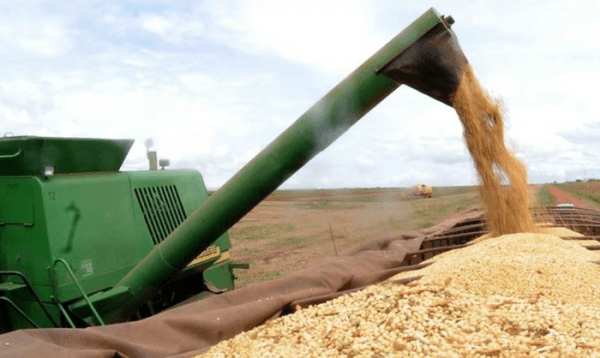Deforestation for agribusiness expansion in Brazil, in conjunction with climate change, has worsened the already severe drought suffered in the last decade by the transition zone between the eastern Amazon and the Cerrado, the vast tropical savanna ecoregion in central and western Brazil.
This combination of trends endangers the stability of the biomes concerned and constitutes a risk to food production in the region known as MaToPiBa, a portmanteau of Maranhão, Tocantins, Piauí and Bahia, parts of which form Brazil’s agricultural frontier. The region accounts for almost 12% of the nation’s soybean crop, for example.
The warning comes from an article published in the journal Scientific Reports by a group of scientists affiliated with research institutions in Brazil, Spain and France.
The article reports the findings of a study conducted by researchers at the National Disaster Surveillance and Early Warning Center (CEMADEN) and supported by FAPESP via a Thematic Project. The research was also funded by the National Institute of Science and Technology for Climate Change (INCT-MC), one of several INCTs funded by FAPESP in partnership with the National Council for Scientific and Technological Development (CNPq) in the state of São Paulo.
“Current conditions already show that this transition zone between the Amazon and the Cerrado is suffering the impact of land-use change for agribusiness expansion, as well as the impact of climate change. These processes could become more intense in future, impacting the biomes and adversely affecting harvests in MaToPiBa, especially of soybeans,” José Marengo, CEMADEN’s head of research, principal investigator for INCT-MC, and first author of the article, told Agência FAPESP.
Read more at: Fundacao de Amparo a Pesquisa do Estado de Sao Paulo
The researchers who detected the trend warn that crop yields could fall (Photo Credit: Roosewelt Pinheiro/Agência Brasil)


